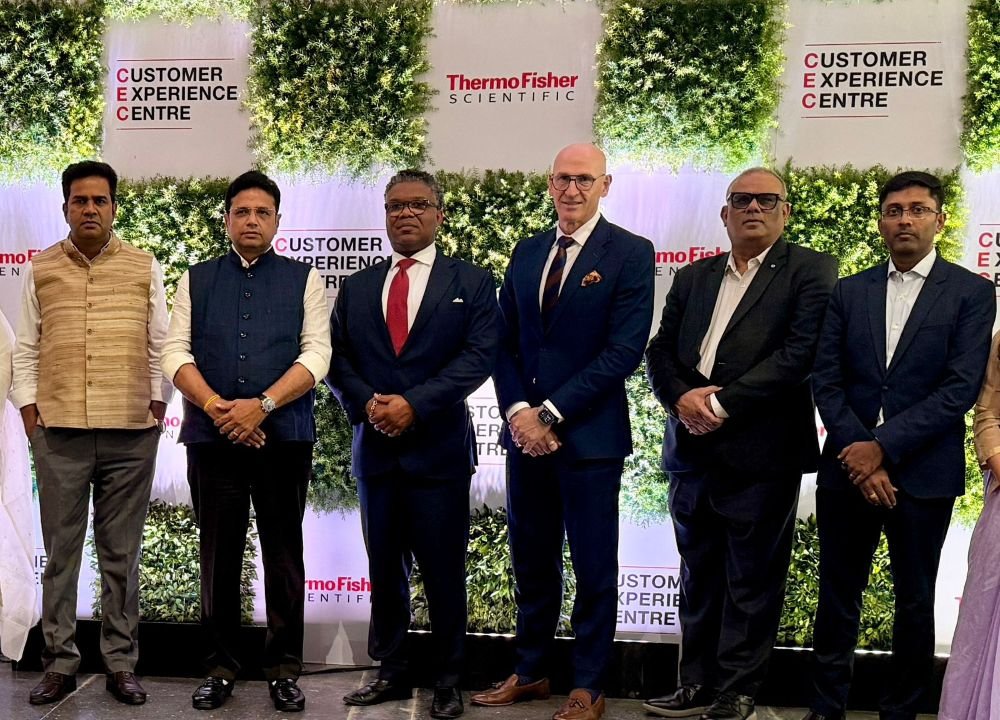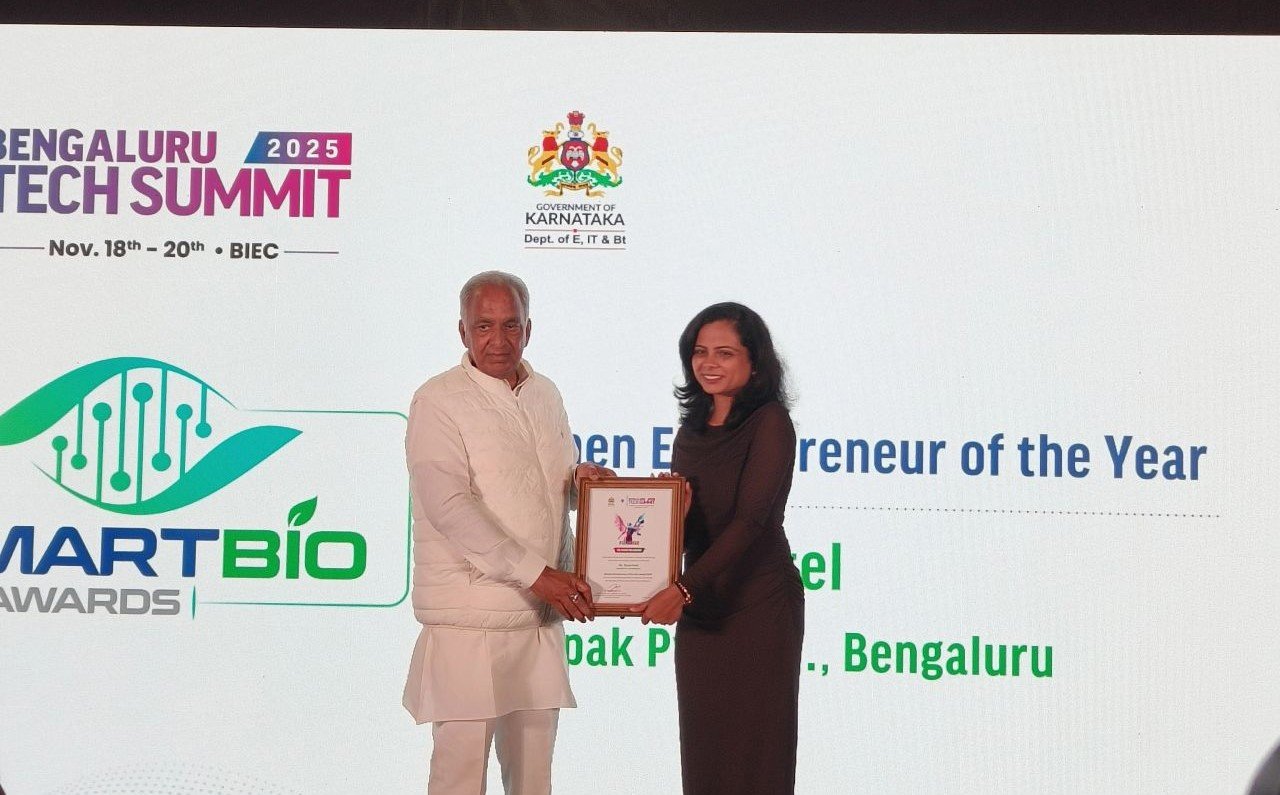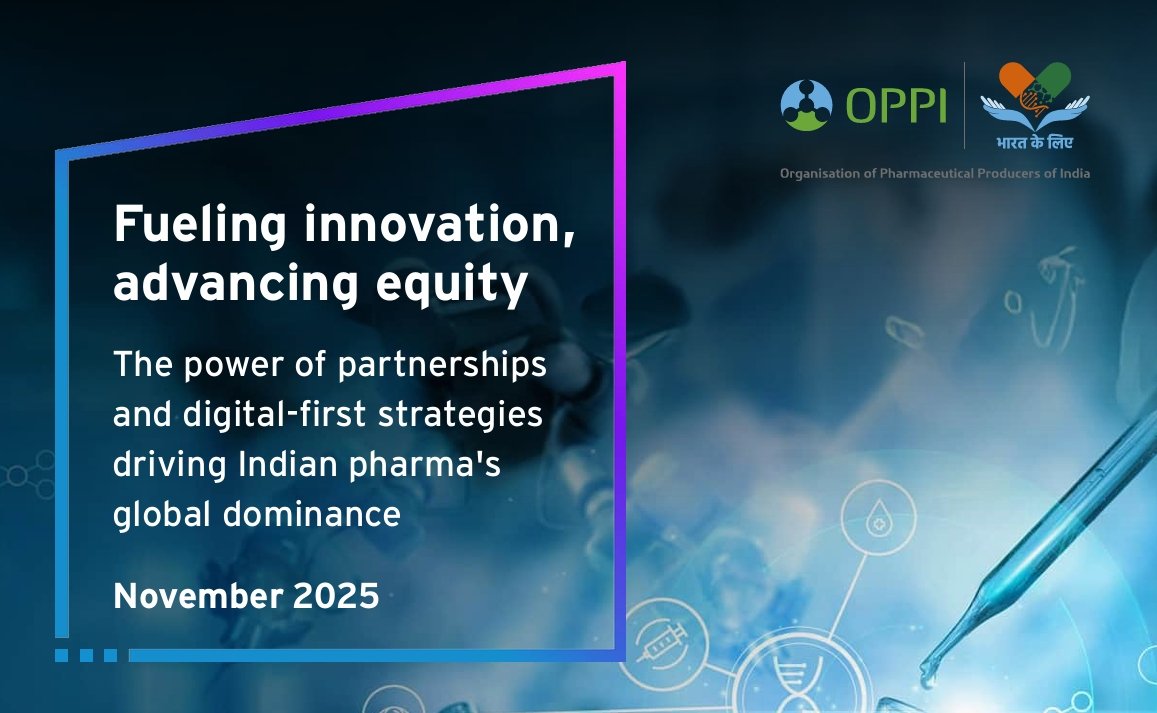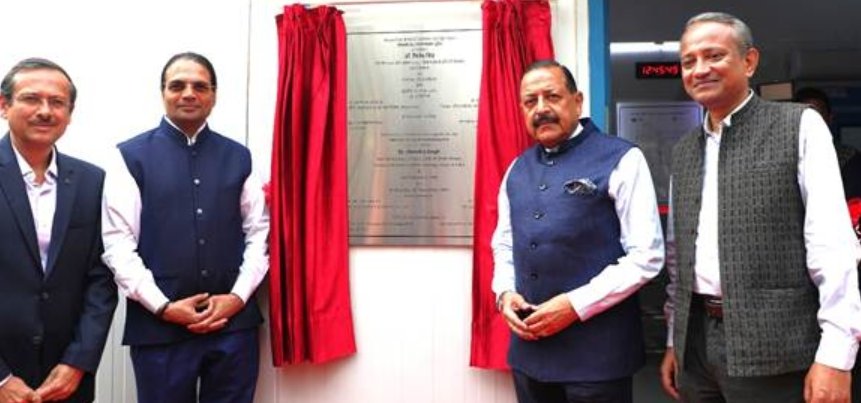Medical Biology
October 11, 2005 | Tuesday | News
Bioresearch ramps up in public labs
Medical Biology
In medical biology and biotechnology, the focus has been on
new biology and product development. Active research is going on in genomics,
proteomics, molecular basis of disease, pharmacogenomics, stem cell biology,
nanobiotechnology and other frontier areas. The product development focus is on
new generation vaccines, diagnostic kits and therapeutics. In the area of
isolation and characterization of new therapeutic agents, about sixty medicinal
plants have been screened for anti-cancer, anti-diabetic and immunomodulatory
activity using in vitro bioscreens under a multi institutional program at Anna
University, Chennai; NII; New Delhi and Sanjay Gandhi Post Graduate Institute of
Medical Sciences, Lucknow. Thirty lead molecules including 12 anti-cancer, three
anti-diabetic and 15 having immunomodulatory properties have been identified.
Various institutes have been doing R&D on cholera,
tuberculosis, rabies, HIV, malaria, Japanese encephalitis vaccines among others.
While the aim in diagnostic development efforts is to achieve real time
performance and affordability.
Vaccines
An indigenous recombinant oral vaccine based on VA1.3 strain
of V. cholerae has been developed at Institute of Microbial Technology (IMTECH),
Chandigarh and National Institute of Cholera and Enteric Diseases (NICED),
Kolkata. Its extended Phase-I/Phase-IIa clinical trials have been undertaken,
while a new vaccine strain VA1.4 without the ampicilin marker has been prepared
by IMTECH, Chandigarh and is currently undergoing toxicological studies.
Simultaneously efforts are being made to develop newer vaccines for tuberculosis
realizing the limiting potential of currently used BCG. At IISc, Bangalore,
recombinant forms of two promising candidate T-cell antigens of M. tuberculosis
are being tested for immune response. And the results are looking promising.
While a group at the University of Delhi, South Campus is working on recombinant
approach for development of novel candidate vaccine/s against tuberculosis.
Meanwhile scientists at IISc, Bangalore along with Indian
Immunologicals Ltd, Hyderabad have developed the world's first combination
Rabies vaccine for control of rabies in dogs. The vaccine was found to confer
100 percent protection in experimental animals. Indian Immunologicals Ltd will
commercialize this vaccine after successful completion of multicentric animal
trials and approval by regulatory authorities. Scientists at the NII, New Delhi
have developed a vaccine based on Indian strain of Japanese Encephalitis Virus (JEV)
and the technology has been transferred to Panacea Biotech Ltd, Delhi, for
further testing and commercialization. A candidate DNA vaccine for JEV has also
been developed by NII and experimental studies are presently under progress.
A prototype candidate vaccine for the HIV-I Subtype 'C'
has been developed based on plasmid DNA and MVA (Modified Vaccinia Ankara)
approaches at the All India Institute of Medical Sciences (AIIMS), New Delhi.
The prototype vaccine is now ready for preclinical toxicological studies.
Negotiations with an Indian industry are also in progress for GMP grade
production of vaccinogens and to conduct human clinical trials.
Animal Healthcare: Vaccines and Diagnostics
In the area of animal biotechnology, R&D efforts are on
for increasing the animal productivity, development of newer animal vaccines,
diagnostics, molecular characterization of indigenous breeds of livestock and
animal byproducts.
| Commercial launch of technology |
| Title
of the technology |
Institute
where developed |
Technologycommercialized
by |
| JEV chex- a rapid |
AIIMS, New Delhi |
XCyton
DiagnosticsLimited, |
| detection kit for the |
|
Bangalore |
| Japanese Encephalitis in |
|
|
| human CSF and serum |
|
|
| Liposomal Amphotericin-B |
Department of |
Lifecare Innovations Pvt. |
| for treatment of systemic |
Biochemistry, |
Ltd.,Gurgaon |
| mycosis and kala-azar |
UDSC, New Delhi |
|
| Immunodiagnostic kits |
Central Institute of Fisheries |
Agrivet Farm Care, |
| for detection of virus and |
Education, Mumbai |
GlaxoSmithKline |
| bacteria in finfish |
|
Pharmaceuticals
Ltd., |
| and shellfish |
|
Mumbai |
|
The New Delhi-based Jawaharlal Nehru University (JNU)
developed a technology for the production of recombinant anthrax vaccine and
transferred it to Panacea Biotech. An ELISA based diagnostic kit has been
developed for monitoring the level of antibodies of Haemorrhagic septicaemia
vaccinated animals at Haryana Agricultural Univeristy, Hissar. The kit has been
validated as per OIE guidelines and tested at various centers. A blocking ELISA
and multiplex PCR test has been developed for the characterization and diagnosis
of bovine viral diarrhea virus isolates at HSADL, Bhopal. This has also been
evaluated as per OIE guidelines. A strip test for the diagnosis of
peste-des-petitis ruminant virus has been developed under a multicentric project
being implemented at TANUVAS, Chennai and IISc, Bangalore. The strip test is a
single step user-friendly diagnostic kit.
Biofuels and Bioenergy
At IIT, New Delhi, active research on biofuels and bioenergy
is being conducted and sweet sorghum juice and sorghum grains are being used as
a raw material for ethanol production. Further work is on to develop complete
technology package for transfer to industry. Simultaneously attempts are also
being made to use different lignocellulosic raw materials for ethanol
production. Another area being actively worked upon is the efficient utilization
of lignocellulosic wastes. Studies have been taken up to construct novel
recombinant cellulolytic bacteria for ethanol production from cellulosic
material at Madurai Kamaraj University. Studies are also being conducted to
improve upon cellulolytic fungi for cellulase production at Haryana Agriculture
University, Hissar.
Meanwhile, NBRI, Lucknow has collected species of Pongamia
pinnata, Madhuca indica and Salvadora oleoides from Rajasthan and Uttar Pradesh
and analyzed for their oil content and fatty acid triglyceride composition. The
transesterification of Pongamia oil at pilot scale has been done and one engine
run has also been made. Diesel engine has also been tested using this biodiesel.
Presently the work on scale up and process engineering for homogenous catalyst
process is underway.
Microbial and Industrial Biotechnology
Various research institutes are developing novel products and
processes and generating R&D leads for utilization by various biotech
industries. Some important leads being worked upon are: high Gibberellic acid
production has been achieved from a selected Gibberella fujikuroi mutant at NCL,
Pune; work is in progress towards development of process for mass production of
targeted delivery of antigens through nanoparticles using sendai virus system at
University of Delhi; CFTRI, Mysore is working on production of lipoxygenase and
human platelet aggregation inhibitor through fungal fermentation; at JNU, New
Delhi, recombinant asparginase has been purified directly from the culture
medium using a rapid two-step purification strategy; NCL, Pune is working
towards assessing effectiveness of cellulase treatment in bio finishing of denim
at a pilot scale; a solvent tolerant strain of Pseudomonas aeruginosa has been
isolated at IIT, New Delhi, which produces extracellular protease and lipase,
both exceptionally stable in presence of wide range of organic solvents at high
concentrations and the pilot scale reactor for a novel high cell density process
for dairy wastewater treatment has been designed and fabricated at IIT, New
Delhi and installed at DMS, New Delhi.
Agricultural Biotechnology
In the area of agribiotech research, the Delhi University is
pursuing studies on production and characterization of osmotic stress tolerant
transgenic plants of Brassica juncea. IARI and NCPGR are jointly working on
development of molecular marker based linkage map for chickpea. The NCPGR has
also developed nutritionally enriched potato lines by transfer of Ama1 gene of
Amaranthus. The transgenic potatoes accumulate proteins in large amounts with
considerable increase in the amount of essential amino acids. To remediate
oxalate toxicity in vegetables and grain crops, transgenic tomato have been
developed using OXDC gene, which have very low content of oxalate and tolerant
to fungal infection. Both these crops are under field trial. A high artemisinin
content and high leaf yielding variety of Artemisia annua cv Jeevanraksha has
been developed by CIMAP and technology transferred for commercialization.
| Technologies assigned for
transfer |
| Title
of the technology |
Institute where developed |
| Urokinase production in hollow
fiber reactor |
IIT, Delhi. |
| Alkaline protease for leather
processing |
NCl, Pune and CLRI, Chennai |
| Cellulase for textile
industry |
NCL, Pune. |
| Technology for lipase
production |
University of Delhi, South Campus |
| Technology for rapid
detection of |
IICB, Kolkata |
| AflatoxinB1 using ELISA |
|
| PCR based diagnostics assay
for bovine |
New Delhi |
| tuberculosis |
Department of
Biotechnology, AIIMS, |
| Vi-conjugate typhoid
candidate vaccine |
AIIMS, New Delhi |
|
| Source: DBT |
Six institutes namely IARI, New Delhi; ARI, Pune; DWR, Karnal;
PAU, Ludhiana, CCS University, Meerut and NCL, Pune are participating in a
network research project on wheat quality breeding. Similarly another
multi-institutional project on gene expression profiling during flower and seed
development and functional validation of identified genes is being implemented
at five institutions namely UDSC, New Delhi; DRR, Hyderabad; Osmania University,
Hyderabad; IISc, Bangalore and MKU, Madurai.
Meanwhile, the University of Delhi, South campus, and IARI
have spearheaded the Indian initiative for International rice genome sequencing
project and have fulfilled the Indian commitment to the project for 2004.
A number of universities and institutes are working in the
area of biofertilizers.
The University of Hyderabad, MS University Baroda, National
Research Centre for Plant Biotechnology, IARI; UAS Dharwad, BARC Mumbai, UDSC,
TERI are working on development of transgenic microorganisms (Azotobactor,
Rhizobium, Pseudomonads, Cyanobacteria, Azospirillum, AM fungi) with high
efficiency for nitrogen fixation, and phosphate solubilization are in progress.
Many programs are currently running to control major weeds
and pest diseases of important crops, vegetables, plants and to increase their
productivity through various biocontrol agents. For example, at RRL, Jammu,
in-vitro production of Steinernema carpocapsae on semi-solid state has been
standardized and methodology for cottage scale production has been up scaled.
The virulence of the material was found to be very good. Fermentation based mass
production technology for production of nematode S. carpocapsae is also being
standardized. At IIPR, Kanpur, entomopathogenic nematodes (EPN) have been used
as a tool of biological control for lepidopteran borer complex infesting
pigeonpea. At IARI, New Delhi, characterization of potential biopesticide
molecules from fungal biocontrol agents is being carried out.









